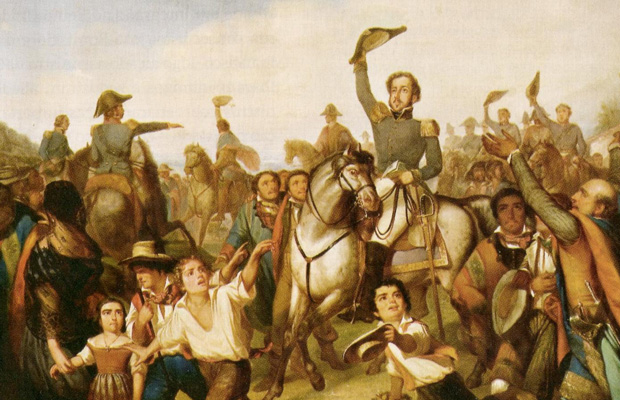ADVERTS
How did Brazil's Independence come about?
This historical fact marked the course of Brazil and became one of the most important and memorable moments of our nation. Brazil managed to take an important step in determining its political autonomy, after the separation from Portugal.
Brazil had already tried many separatist maneuvers in several regions. However, the battles fought until then only wanted to separate provinces from the colony, and not separate the entire colony from Portugal.
ADVERTS
The Portuguese sovereign in Brazil at that time was Dom Pedro I, who testified that he contradicted Portugal's commands on January 9, 1822. The monarch would have received letters ordering his return to Portugal.
Portugal's intention was to establish a new colony in the country (something lost with the court's stay), and Dom Pedro's absence was essential for the task to be accomplished.
Dom Pedro and the Day of Fico
Dom Pedro contested the order to withdraw and attested to Fico Day with the famous message If it is for the good of all and the general happiness of the nation, tell the people that I am staying.
ADVERTS
After contradicting his father, Dom Pedro began to direct Brazil's political path towards the independence process. Thus, the Constituent Assembly was established, a Navy was set up and Portuguese troops were removed from Brazilian soil.
Dom Pedro began to filter all orders and laws in Portugal. The people were called upon to participate in the independence process.
During a trip in the southeast, specifically in Minas Gerais and São Paulo, Dom Pedro practiced politics to calm those who were worried about possible aggressive reactions from Portugal.
Upon receiving another letter from the metropolis on the way, which suspended the Constituent Assembly and once again ordered its return to Europe, Dom Pedro decided that it was time to declare Independence.

On the banks of the Ipiranga River, with sword raised, he shouted “Independence or Death!” on September 7, 1822. Dom Pedro I thus became the first Brazilian emperor.
The real political emancipation of Brazil happened with the recognition of a sovereign State by other countries, something initiated by the United States and Mexico.
Brazil's independence had to be paid for to the Portuguese monarchy for the price of 2 million pounds sterling lent by England.
